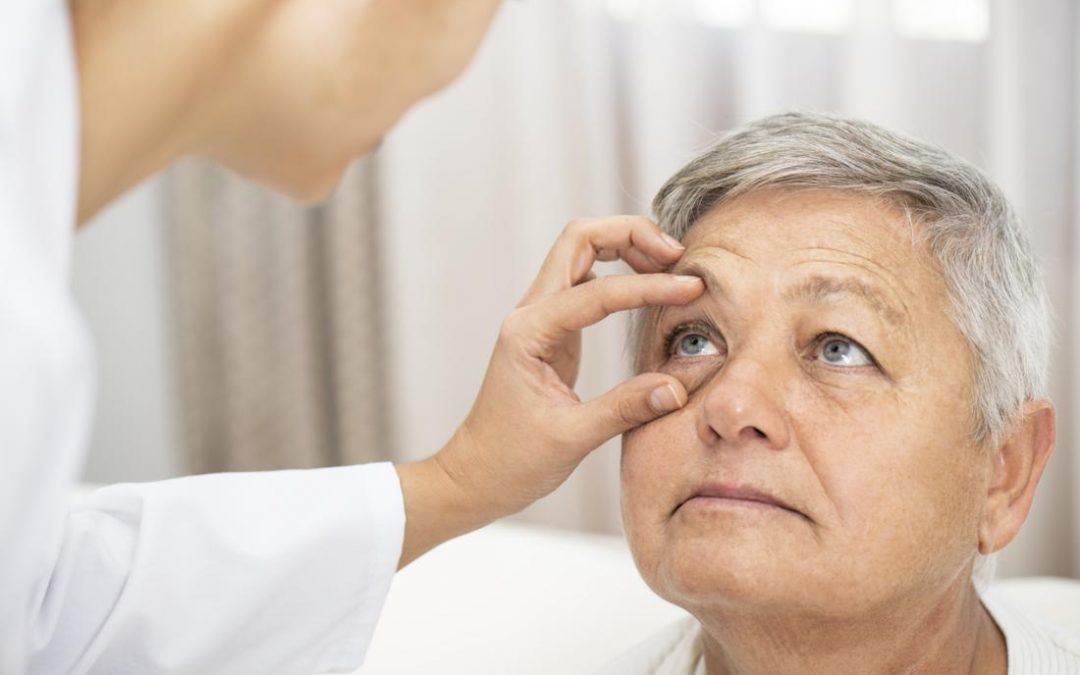
3 Ways to Provide Better Care for a Patient with Aphasia
795,000 people in the US suffer from a stroke annually. Nearly 87% of these strokes block the blood flow to the brain which leads to fatal consequences.
Strokes are one of the most common causes of long-term disability, and one of these disabilities is termed aphasia.
What is Aphasia?
Patients with aphasia have difficulty in speaking, writing or understanding spoken or written language.
Strokes aren’t the only condition that leads to aphasia. Brain injuries including concussions and tumors are also some of the leading causes behind this disability.
If your loved one is suffering from the condition, here are some tips for you to take better care of them:
Simplify Your Questions
Complex questions frustrate the patients of aphasia since they face difficulty in verbal and written communication. This frustration can lead to other conditions such as lack of appetite, stress, anxiety, etc.
Never make patients with aphasia feel like they lack something. This can be done by sticking to questions that require answers in a simple yes or no form.
Use Visual Aids
If your loved one is having difficulty understanding something even after two tries, stop right there. Trying to explain it, again and again, would aggravate the situation.
You can try writing words down in order to help them understand, or you can use images on the screen for them to identify.
Additionally, it shouldn’t be a one-sided conversation. If the loved one cannot express themselves verbally, help them say it by asking them to point at the pictures. It will take time and patience, but together, you can develop a practice to communicate easily using aids.
Don’t Be Overprotective
It feels natural to be overprotective of your loved ones in social gatherings and answer or speak for them.
It might be done out of kindness, but it ends up isolating the patient with aphasia. It’s far better if you explain the conditions to others and give them a few tips on communicating with your loved one.
You’d be surprised by how amenable others can be, and how much your loved one will like being treated normally.
Aphasia is a disability and one that is hard to grasp since it happens later in life and takes time to accept. One thing that can help patients with aphasia is better care. When they are cared for in the right way, they learn to live with the condition effectively. Better care fortifies their mental and physical strength.
The condition comes as a shock to everyone, and it’s wiser to trust an experienced and trained home care service to care for your loved one.










